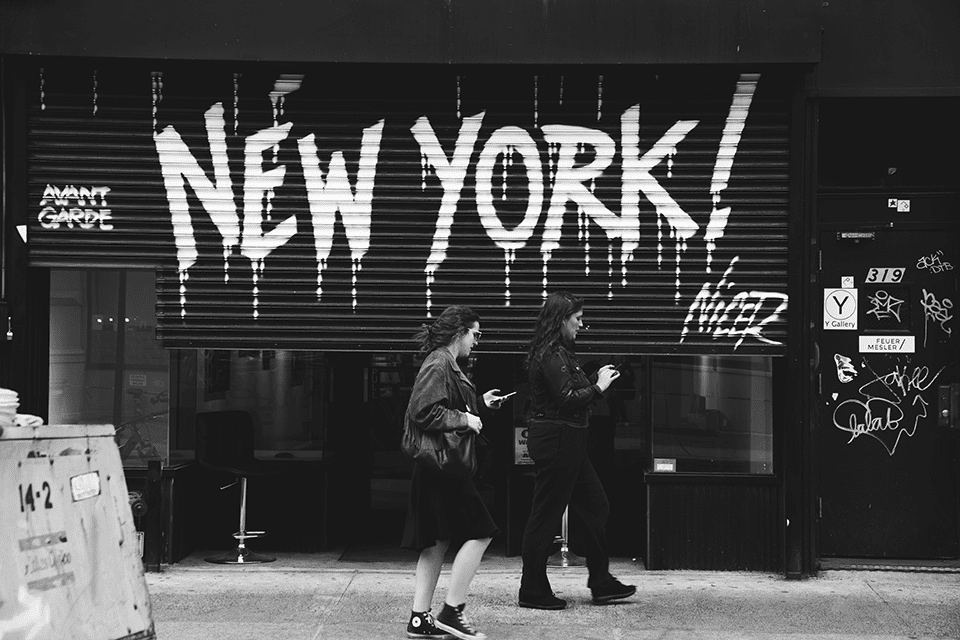New York’s much-awaited revised marijuana industry rules were issued Wednesday by the Office of Cannabis Management, to the delight of stakeholders who immediately began poring over them for significant changes.
The new rules are also on the agenda for Thursday’s Cannabis Control Board meeting.
Two East Coast lawyers quickly dissected the 336 pages and identified several major revisions. According to New York-based lawyers Jeffrey Hoffman and Michelle Bodian, who both wrote on LinkedIn about the news Wednesday, there are several highlights:
- The 10 licensed registered organizations (R.O.’s), which are multistate operators that control the medical marijuana market in New York, will now each be allowed to get into recreational cannabis retail as early as Dec. 29, the one-year anniversary of adult-use sales launching. That’s a big change from the original plan, which called for the R.O.’s to wait three years before they were allowed into the recreational market.
- The first co-located recreational and medical dispensary for each R.O. will cost $5 million in licensing fees, and those companies will only be allowed to open their second and third recreational shops six months later, in June 2024.
- The controversial “true party of interest” rules have been adjusted once again, “from the greatest of 10% of gross revenue; 50% of net revenues; or $100,000, to the greatest of 10% of gross revenue; 50% of net revenues; or $250,000,” Hoffman wrote.
- Microbusinesses will be allowed to purchase up to 500 pounds of biomass per year, and more if certain circumstances warrant it, such as crop failure.
- New on-site consumption rules have been delivered for the first time, and specifically allow for licensed retailers to designate an indoor area within their dispensary as a consumption site.
- Conditionally licensed cultivators now have the option of transitioning to cooperatives or microbusinesses at the end of their conditional license period.
- New receivership rules were created as an alternative to bankruptcy for companies that wind up in financial distress.
The revised rules are subject to a 45-day public comment period, but stakeholders believe that this version is likely close to final.
H/T: www.greenmarketreport.com



